Refine search
Actions for selected content:
6 results in The Cambridge History of Political Thought
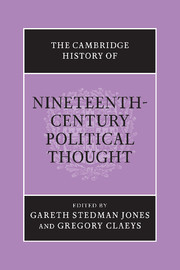
The Cambridge History of Nineteenth-Century Political Thought
-
- Published online:
- 28 July 2011
- Print publication:
- 07 July 2011
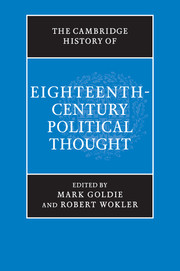
The Cambridge History of Eighteenth-Century Political Thought
-
- Published online:
- 28 March 2008
- Print publication:
- 31 August 2006
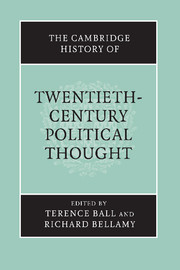
The Cambridge History of Twentieth-Century Political Thought
-
- Published online:
- 28 March 2008
- Print publication:
- 14 August 2003
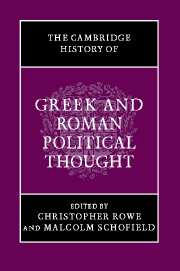
The Cambridge History of Greek and Roman Political Thought
-
- Published online:
- 28 March 2008
- Print publication:
- 11 May 2000
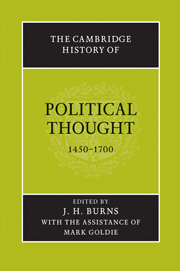
The Cambridge History of Political Thought 1450–1700
-
- Published online:
- 28 March 2008
- Print publication:
- 26 July 1991
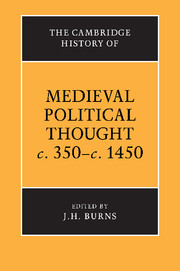
The Cambridge History of Medieval Political Thought c.350–c.1450
-
- Published online:
- 28 March 2008
- Print publication:
- 19 May 1988
